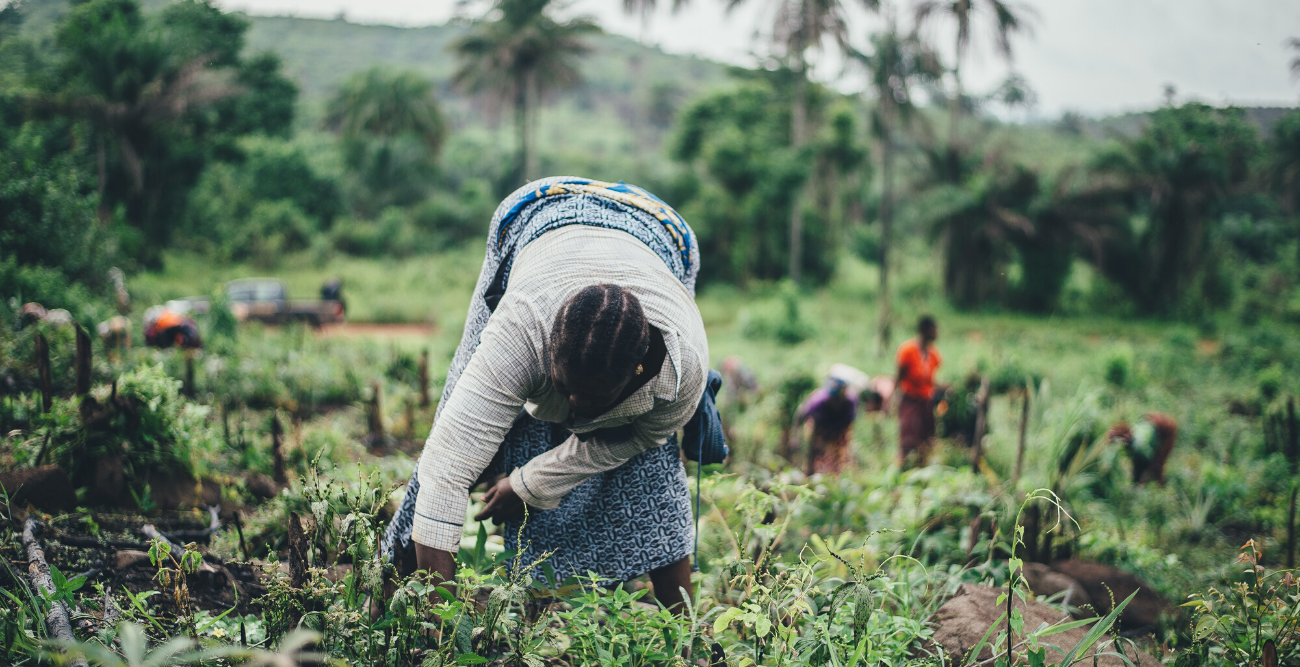
Sustainable social frameworks have always been important in order to build a better world, but their need is becoming ever more critical as we begin to understand and uncover the impact of business and organizations worldwide. This is true at an individual level, but it’s also relevant for the industries attempting to provide services, goods, or aid, as the frameworks give clear direction and much-needed leadership during a time of crisis.
But how can they improve sustainability? Here are some classic and contemporary examples of relevant social frameworks, as well as a summary of their usefulness.
Defining social frameworks
Put simply, a social framework is the structure that supports the members and groups in an organization or a community in an effort to protect people, their rights, and livelihoods. It generally focuses on larger groupings, aiming to ensure that more individuals can reap the benefits.
Sustainable social frameworks tend to look to the long-term, so that the resources we use don’t impact the resources needed by the next generation.
It’s worth remembering that some sustainable social frameworks may not be relevant to your business or industry. The wine and spirits sector may have a different social focus, such as protecting labor from poor working conditions on vineyards, while the energy sector may focus on ensuring access to affordable, reliable, and sustainable energy. Tailoring your search to meet your industries’ individual needs is important in order to make a rooted and lasting impact.
On the other hand, people have universal human rights so many organizations’ social focus can overlap and use the same or similar frameworks to reach their goals, by simply tailoring frameworks to their area of impact, whether industry or region.
We’ve listed some of the more common social frameworks below, highlighting why they’re relevant, and how they’ve worked to provide sustainability.
Examples of relevant social frameworks
As well as listing a number of relevant social frameworks below, we’ve detailed how and why they’re important.
1. The UN Global Compact
The UN Global Compact is “a voluntary initiative based on CEO commitments to implement universal sustainability principles”. Currently focused on the coronavirus crisis, their overall aim is to mobilize a global movement of sustainable companies and stakeholders that can take collective action.
The world’s largest corporate sustainability initiative, they’re primed to push the United Nations Sustainable Development Goals (SDGs) in the private sector, with 10,435 companies in 166 countries as of March 2020. They’re highly relevant as a sustainable social framework, forcing the principles into the mainstream at the highest level.
2. International Labour Organization (ILO)
Formed in 1919, the ILO works to bring together workers, employers and governments, with a tripartite system to balance the trio of interests. It’s not an easy task, but it’s better than the alternative. Their main aims are to;
- Promote rights at work
- Encourage decent employment opportunities
- Enhance social protection and strengthen dialogue on work-related issues
3. UN Declaration of Human Rights (UDHR)
One of the best known social frameworks, regularly cited as a defence against injustice, the UN Declaration of Human Rights was originally introduced in 1948. It helped to form the International Bill of Human Rights, and works as a framework for enshrining the concept that “human beings are born free and equal in dignity and rights”.
There are 30 articles overall, and almost everyone has some idea of the rights they’re entitled to under the declaration. In terms of sustainability, the UDHR forms the basis of most of the protections we enjoy as individuals.
4. SA8000
Social Accountability International formed the SA8000 certification standard in 1997. In its current form, the Standard is a framework which “helps certified organizations demonstrate their dedication to the fair treatment of workers across industries and in any country.”
They aim to ensure social welfare compliance throughout a number of different industries, aiding workers around the world.
5. Ethical Trading Initiative (ETI)
The Ethical Trading Initiative (ETI) is a grouping of “companies, trade unions and voluntary organisations improving the lives of workers who make consumer goods.”
Rather than focusing on one specific product or sector, they work to better the overall working conditions of people in supply chains, and they see themselves as a driving force in ethical trade.
6. Amnesty International
A global grouping with over 7 million members, Amnesty is the largest grassroots human-rights organization in the world. They investigate and expose abuse, inform the public, and they won a Nobel Peace Prize for their "defence of human dignity against torture" in 1977.
7. European Food Safety Authority (EFSA)
The European Food Safety Authority (EFSA) takes most of their direction “in response to requests for scientific advice from the European Commission, the European Parliament and EU Member States.”
They also carry out their own research and work on occasion, as well as consulting national authorities and food safety agencies in EU countries to protect consumers, animals and the environment from food-related risks.
Sustainable social frameworks: a summary
Sustainable social frameworks will help to push both the private and public sector into a greener future by ensuring the rights of individuals in a community are properly protected. This includes everything from basic human rights, to the quality of the food they consume.
As a force for good, frameworks are clearly working to boost the sustainability of industries, as well as focusing on the plight of people first and foremost. Eliminating poor working conditions will go some way to improving the lives of the average human being, while sustainable social frameworks will help to protect the future.
Related blog posts you might like:
- 5 Ways to Persuade Management to Invest in Sustainability Software
- Summary of the EU Taxonomy that was launched in 2020
- 7 Climate Frameworks You Need to Know





%20as%20the%20deadline%20approaches.%20Learn%20about%20compliance%20requirements%2c%20potential%20delays%2c%20and%20key%20updates..png)

